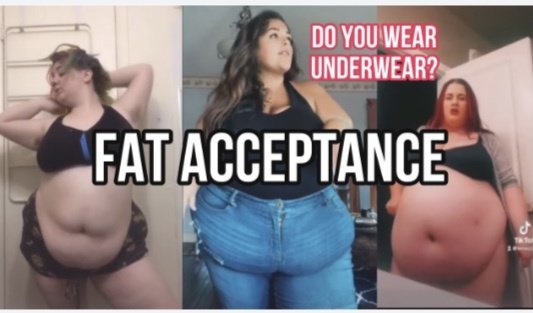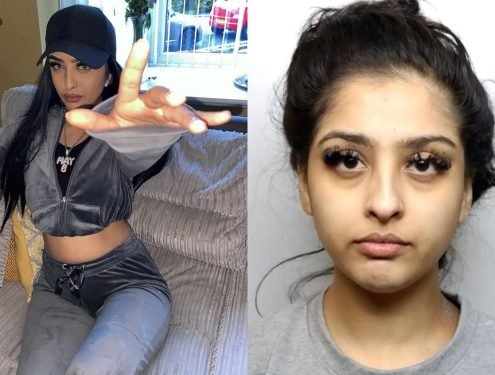In today’s social media landscape, influencers wield significant power in shaping public discourse and perceptions. However, this influence can sometimes spiral into controversial territories. One such area is the fat acceptance movement, where influencers advocate for the rights and dignity of plus-size individuals. While the intentions are often rooted in promoting inclusivity, some influencers take their advocacy to extreme levels, sparking debate and criticism. A prime example of this is the influencer jae’lynn chaney, whose actions have generated widespread discussion on platforms like YouTube and TikTok.
The Emergence of JB in the Fat Acceptance Movement
jae’lynn chaney has become a notable figure in the fat acceptance community, advocating for changes in how plus-size individuals are accommodated in travel and everyday life. Her activism gained traction with petitions demanding airlines have clear size policies for plus-size passengers, highlighting the discomfort and discrimination they often face.
Example: jae’lynn chaney initiated a petition calling on the Federal Aviation Administration (FAA) to require airlines to implement size policies that accommodate plus-size passengers. Her argument is that everyone deserves to be treated with dignity and respect when traveling, regardless of their size.

The Ride Share Seat Belt Controversy
Recently, jae’lynn chaney has been at the center of a new controversy involving ride-share companies. She has publicly stated that every time she uses a ride-share service, she is forced to ride without a seatbelt because there are no seat belt extenders available. She argues that it should be mandatory for ride-share vehicles to provide seat belt extenders, advocating that companies reimburse drivers for these costs.
Criticism: This stance has drawn criticism from various quarters, with many arguing that it’s unreasonable to expect ride-share drivers to carry seat belt extenders for passengers of all sizes. Critics suggest that individuals who require such accommodations should take personal responsibility by carrying their own extenders.
Airport Incidents and Claims of Discrimination
jae’lynn chaney’s advocacy extends beyond ride shares. She has shared several incidents where she claims to have faced discrimination due to her size, particularly during air travel. In one instance, she reported being forced to walk a long jet bridge without assistance, leading to a health scare due to her oxygen levels dropping.
Public Reaction: These claims have sparked debate, with some sympathizing with her plight and others questioning her approach. Critics argue that while her experiences highlight valid issues about accessibility, her demands for systemic changes often come across as expecting the world to accommodate her specific needs without personal accountability.
The Intersection of Advocacy and Personal Responsibility
A central theme in the criticism of jae’lynn chaney is the balance between advocating for inclusivity and taking personal responsibility for one’s health and well-being. Many argue that while the push for greater inclusivity and accommodation is commendable, it should not absolve individuals from taking steps to manage their health.
Discussion: This debate raises important questions about the boundaries of advocacy. When does advocacy for rights and accommodations cross into expecting the world to change for individual needs? And how can society balance inclusivity with encouraging personal responsibility?
The Broader Impact on the Fat Acceptance Movement
jae’lynn chaney’s actions and the surrounding controversies have broader implications for the fat acceptance movement. They highlight the challenges and complexities in advocating for size inclusivity while navigating public perception and criticism.
Key Takeaways:
- Transparency and Authenticity: Advocates should be transparent about the challenges they face and the realistic changes they seek.
- Cultural Sensitivity: Influencers must be mindful of how their demands and actions are perceived, ensuring they do not inadvertently alienate potential allies.
- Constructive Dialogue: Engaging in open and constructive dialogue with critics can help bridge gaps in understanding and foster more effective advocacy.
The case of Jae’lynn Chaney serves as a potent example of the challenges influencers face when their advocacy crosses into controversial territory. While her intentions to promote inclusivity for plus-size individuals are laudable, the methods and expectations she espouses have sparked significant debate. This situation underscores the importance of balancing advocacy with personal responsibility and engaging in meaningful discussions about the complexities of inclusivity in today’s society. As the conversation around fat acceptance evolves, it is crucial for influencers to navigate these challenges thoughtfully, fostering a more inclusive and understanding world.

